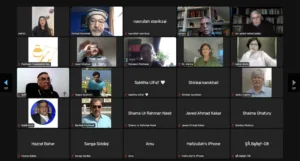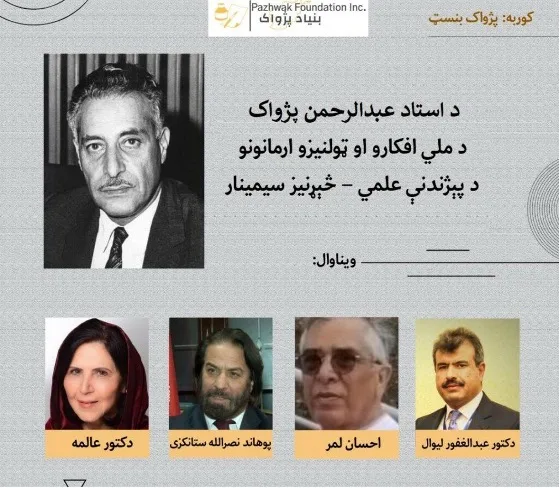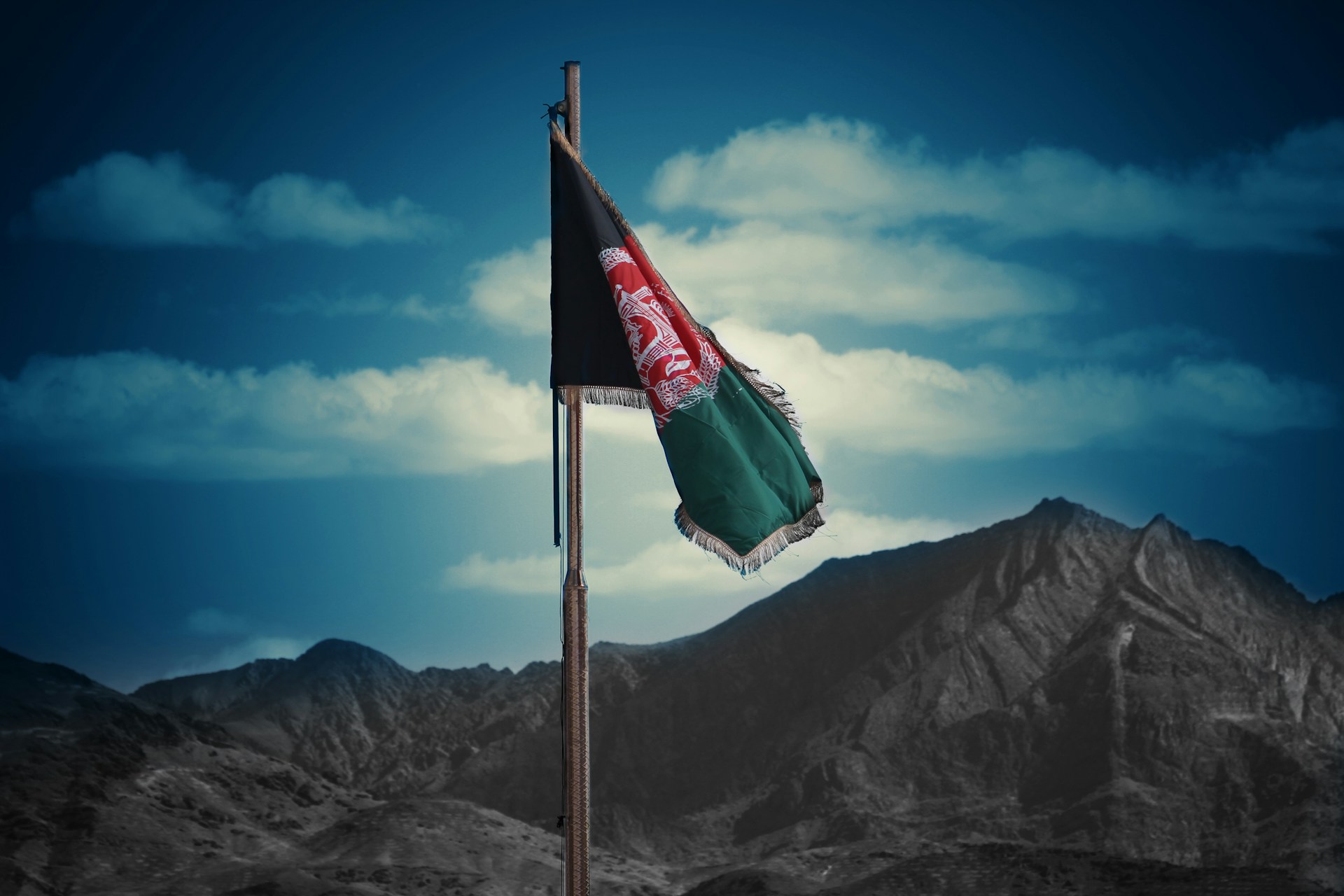Pazhwak FoundationInc. organised an academic seminar on “National thoughts and social ambitions” of late political, cultural and literary figure Abdul Rahman Pazhwak.
At the seminar, which was held through the zoom meeting, articles on the life, personality, works and cultural services of Pazhwak were read out, especially on his national thoughts and social ambitions.
Farhad Pazhwak, the grandson of Abdul Rahman Pazhwak and head of this foundation, expressed hope the initiative would prove to be the beginning of such discussions, enabling people to speak about academic and literary activities of the writer.
He said since his grandfather stayed out of the country for a long time, people abroad benefited from his ideas and opinion.
Farhad said: “I want to take the works of Pazhwak to other generations of Afghanistan, so that people can benefit from his concept of patriotism, independence and development.”
According to him, his grandfather would always say that Afghanistan is an independent country, but Afghans are prisoners in terms of rights, and this annoyed him a lot. He always insisted on the freedom of all people, women, men, and children.
He said: “His literary activity and works are part of the national heritage of Afghanistan, we want to pass this trust to the young generation of Afghanistan. Let the young generation come to know about the thoughts of Ustad Pazhwak, but I can’t do these alone, other scholars and writers’ cooperation is necessary.”
Farhad Pazhwak invited everyone to help and cooperate with him so that art works of the late intellectual could be printed and published in both national languages of the country.

Dr Abdul Ghafoor Lewal, a former member of the Afghanistan Academy of Sciences and ambassador to Iran, spoke about the national perspectives of Pazhwak and listened to his article at this seminar.
Lewal said Ustad Pazhwak’s work reflected his national ideology, nationalism, and patriotism.
According to him, the 20th century is very important for Afghanistan as the beginning of a new cultural era, modern education, introduction of technology and a new literary process.
Lewal said that one of the pioneers of Afghanistan’s second generation was Ustad Pazhwak, because his thoughts were based on national values.
He added Pazhwak’s thoughts were an effort for a new modern life and developed Afghanistan for Afghans and he was thirsty for a prosperous life for his countrymen.
The intellectual had good relations with all scholars and the elite of Afghanistan, Lewal said, adding he was the first poets of Afghanistan who was aware of his national pride and included it in his poems.
Ehsan Lemar, a former diplomat of Afghanistan, talked about the writer’s thoughts on human rights and freedoms.
Lemar said Ustad Pazhwak loved his country (Afghanistan), but his opponents expelled him from the country, and he remained abroad.
It was decided Pazhwak would become the secretary general of the United Nations, but the government of the time opposed the decision.
He was an ordinary person, with a global mind. His name was counted among great diplomats and personalities of the world.
Nasrullah Stanikzai, a former professor at Kabul University, shed light on the diplomatic and political life of Pazhwak, said he was a famous figure at the UN General Assembly.
Stanikzai said Pazhwak represented Afghanistan at the UNGA, participated in the conference of the Islamic world and attended the meetings of non-aligned countries.
According to him, Pazhwak agreed with Sardar Mohammad Dawood Khan’s politics. When Dawood Khan raised the issue of Pashtunistan, Pazhwak said the people should be given two choices — to create an independent country or to unite with Afghanistan.
Stanikzai said Pazhwak’s position was that Pashtunistan should be united with Afghanistan, and he advised the then government the unification was possible with the implementation of collective justice.
Dr Alema, a women rights activist, spoke about the thoughts of Ustad Pazhwak on women’s rights and attendees listened to her article.
Former Afghan diplomats, university professors, human and women’s rights activists, journalists, writes, researchers and scholars from Afghanistan, European countries, America, and Canada participated in the event.
At the end of the seminar, questions were raised by participants and answered by speakers.
Views: 32












